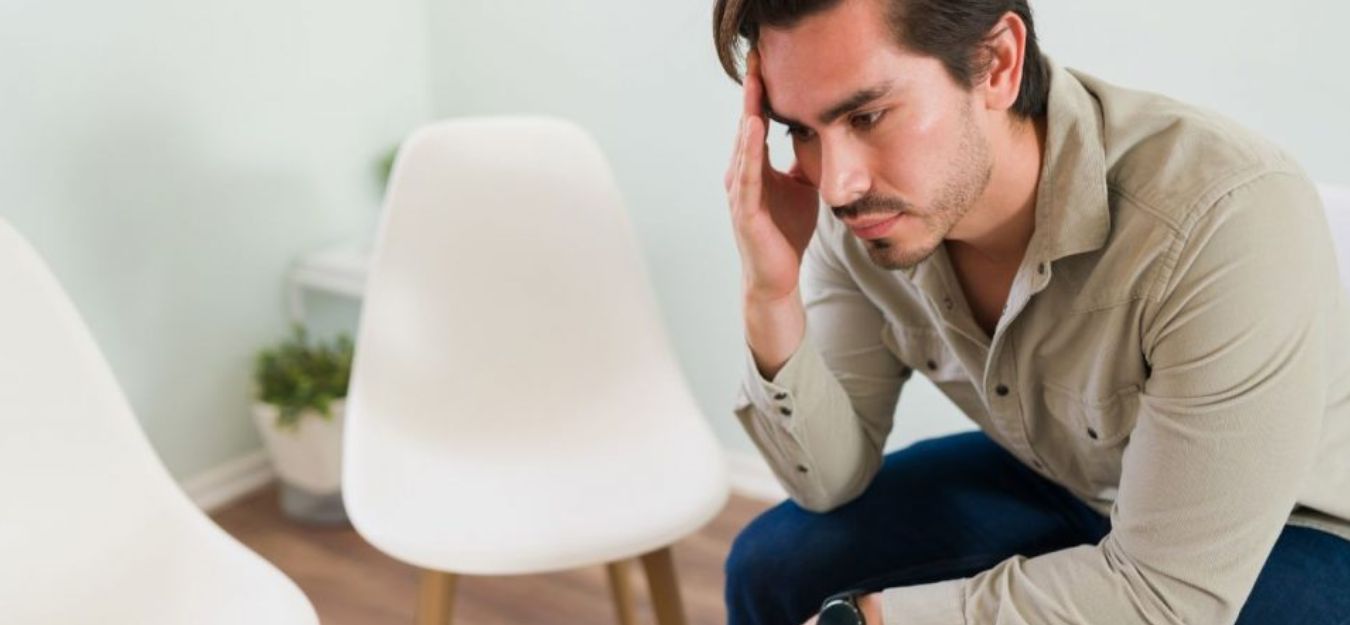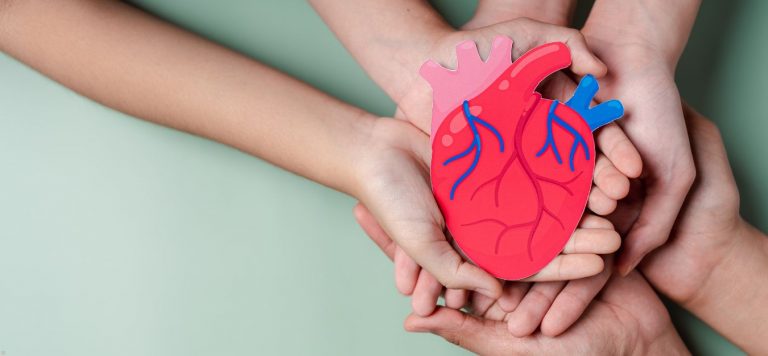Finding Ways to Cope
Occasionally dealing with feelings of anxiety is part and parcel of everyday life. For people with anxiety disorders, those feelings of fear, panic and terror happen more frequently and excessively, affecting their ability to function and deal with everyday situations.
Thankfully, several avenues are available to people with anxiety disorders that can help them live with the condition and function daily.
What is an Anxiety Disorder?
An anxiety disorder is a mental health condition that interferes with a person’s ability to perform daily activities, with feelings of anxiety and panic often being difficult to control. These feelings are usually out of proportion to the danger the person finds themselves in, meaning they may avoid certain situations.
Common symptoms of anxiety disorders include:
- Feelings of nervousness.
- Feelings of helplessness.
- Increased heart rate and palpitations.
- Sweating.
- Shivering and trembling.
- A sense of panic, danger or impending doom.
- Hyperventilation (rapid breathing).
Tips for Coping with an Anxiety Disorder
Many anxiety disorders require treatment with medication and psychotherapy to help control many symptoms and allow people to function daily. For some, this level of treatment can be daunting, so following these tips for coping with anxiety can make a difference in daily life alongside medically advised treatment plans.
Schedule Worry Time
Setting aside specific times to sit down and allow worries to come to the fore can be a very successful way of preventing anxieties from dominating the day. Taking half an hour to think about stresses, writing them down and processing them can be enormously beneficial.
Avoid Drugs and Alcohol
Many narcotics can cause or increase feelings of anxiety. The same is true of alcohol, which is a natural depressive. Many anti-anxiety medicines do not react well with alcohol and non-prescription drugs. Medical advice should be sought if anyone struggles to give up drinking or non-prescribed medication.
Reduce Nicotine and Caffeine Intake
Nicotine and caffeine are both naturally occurring substances that can exacerbate anxiety. When taken in large quantities, caffeine is well-known to increase some anxiety symptoms, such as increased heart rate, sweating and trembling. Substituting green tea, which has calming natural substances such as l-theanine, can help to soothe symptoms connected to anxiety.
Exercise Regularly
Being physically active is one of the most effective and powerful stress reducers that can lift your mood and help you stay healthy. Anyone that doesn’t already have a regular exercise schedule should aim to be active most days of the week by starting slowly and gradually increasing the frequency and intensity of the workouts.
Prioritize Sleep
Not getting enough sleep is known to exacerbate feelings of anxiety. Feeling rested is crucial to help alleviate symptoms of anxiety. Getting into a pattern of sleep with a regular bedtime and wake-up time to gain a solid amount of sleep each night will help people with an anxiety disorder to live with the condition.
Learn About the Condition
Several avenues are available for people living with an anxiety disorder to learn more about their condition. Speaking with medical professionals, seeking out information online and joining a support group with people with the condition are great ways to understand it, find out how to live with it and what to expect from episodes.
Eat Healthily
Eating a healthy diet packed with fruit, vegetables, oily fish and whole grains can help reduce anxiety’s worst impact when combined with a healthy lifestyle that incorporates regular exercise, regular sleep and steering clear of alcohol and caffeine.
Identify Triggers
Taking time to understand what situations, behaviors and events trigger feelings of stress and increased anxiety. Speaking with a mental health professional to put coping strategies in place to minimize the worst impact of the anxiety from taking over.
Keep a Journal
Keeping a written journal each day is an excellent way of helping to track life events and emotions and help identify trigger points. Some people like to keep a mental health bullet journal rather than a written diary to visualize each day, color coding days and use visual prompts to help them assess each day.
Practice Mindfulness and Relaxation
Taking as little as ten minutes daily to practice mindfulness meditations or relaxation techniques has significantly reduced anxiety levels. Mindfulness meditations can help the body and mind to relax while learning how to practice deep breathing exercises can help to stabilize the heart rate and reduce anxiety.
Stick to Treatment
The best way of living with anxiety is to stick to the treatment plan put in place by medical professionals. Make sure medication is taken on time as directed, attend all therapy appointments and complete any assignments they’ve set. Maintaining consistency can make a huge difference in someone’s ability to live with anxiety disorders daily.
Embracing Calm
Coping with an anxiety disorder without treatment can become overwhelming, affecting people’s ability to undertake the simplest daily tasks. The good news is that proper treatment, a support network and making specific lifestyle changes can enormously positively impact an individual’s ability to live with an anxiety disorder successfully without interfering with their day-to-day functioning.

